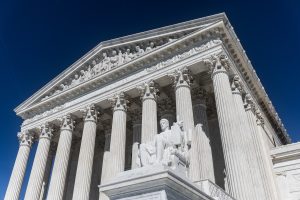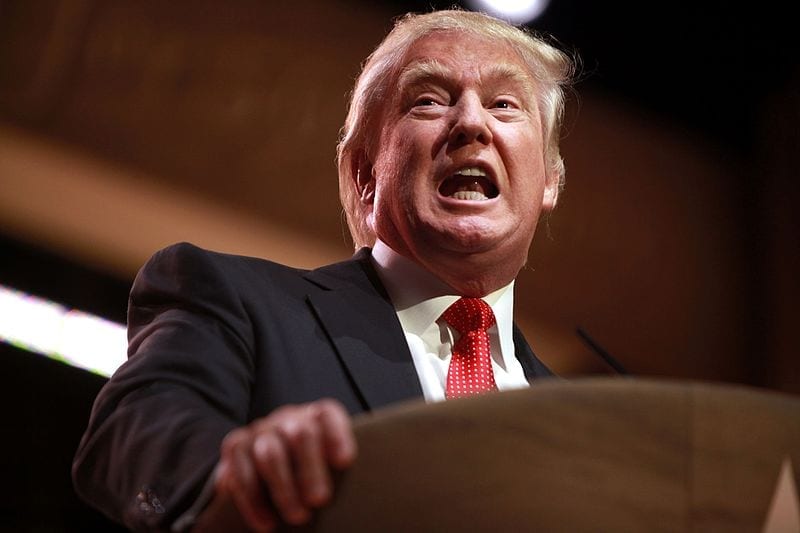Even the two justices who said they would not have denied the lawsuit outright clarified they would not have granted the complaint’s demands.
The U.S. Supreme Court has definitively shut down a conservative challenge to election results in four battleground states.
According to National Public Radio, the justices issue a simple, short order. In it, the bench stated that the lawsuit—led by Texas Attorney General Ken Paxton—is dismissed due to “lack of standing.”
Texas, supported by President Donald Trump and a coalition of other Republican states and legislators, attempted to sue Michigan, Wisconsin, Pennsylvania and Georgia. In the complaint, Paxton alleged that each state had facilitated voter fraud by changing election laws that made it easier for people to vote remotely.
However, neither Paxton nor his allies were able to demonstrate any evidence that voter fraud actually occurred.
The lack of compelling evidence is central to the Supreme Court’s decision to rebuke the suit. NPR notes that, in order for a state to bring any case to court, it must typically show that it or its interests were harmed by the wrongdoing or negligence of another party.
But Texas was unable to show that any of its four opponents had injured it in any way whatsoever.

“Texas has not demonstrated a judicially cognizable interest in the manner in which another State conducts its elections,” the Supreme Court’s order said.
Justices Samuel Alito and Thomas Clarence—both conservatives—opined that the court does “not have discretion to deny the filing of a bill of complaint in a case that falls within our original jurisdiction.”
However, Alito and Clarence clarified their position, saying that, while they would not have denied Texas’s complaint outright, they would not have granted Paxton or Trump any of the relief they had requested.
If Texas had its way, millions of legally-cast ballots could have been discounted.
Critics of the lawsuit noted the irony in a conservative coalition attempting to override individual states’ right to create their own election codes and protocol.
Earlier this week, Georgia Attorney General Christopher Carr—the chairman of the Republican Attorneys General Association—filed a brief arguing that Texas was requesting patently unconstitutional relief.
“Texas invites this court to overthrow the votes of the American people and choose the next president of the United States,” Carr wrote. “That Faustian invitation must be firmly rejected.”
“Georgia did what the Constitution empowered it to do,” he added. Georgia “implemented processes for the election, administered the election in the face of logistical challenges brought on by COVID-19, and confirmed and certified the election results—again and again and again.
“Yet Texas has sued Georgia anyway.”
CNN notes that not a single justice of the Supreme Court—three of whom were appointed by President Trump himself—signaled the slightest openness to Paxton and the commander-in-chief’s claims of voter fraud.
Sources
Donald Trump stood no chance in front of a conservative Supreme Court. Here’s why.
Supreme Court Shuts Door On Texas Suit Seeking To Overturn Election


Join the conversation!